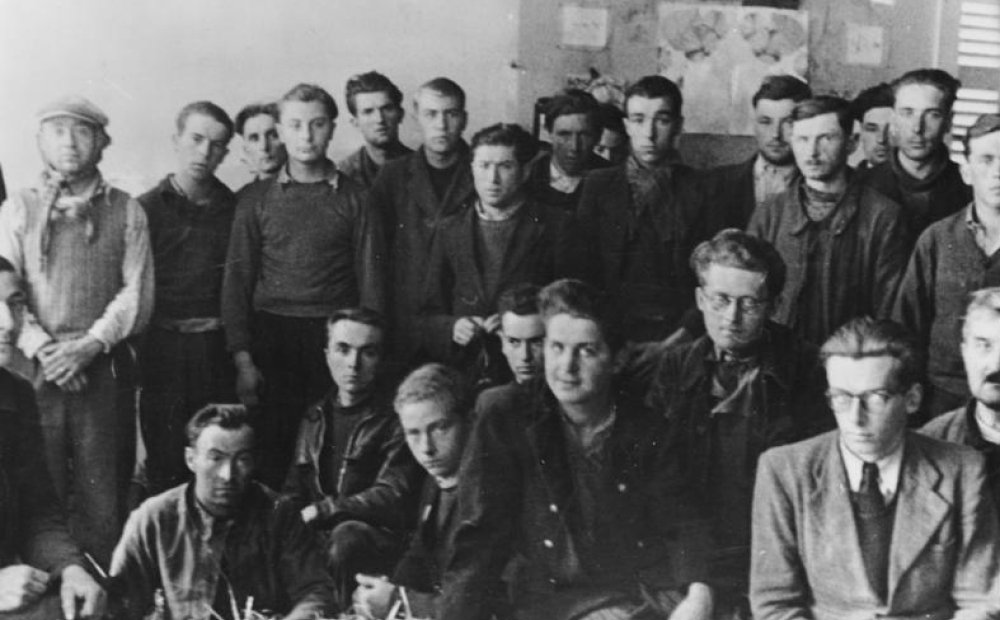France 1940: Defending the Republic

France suffered a crushing defeat in 1940, and its democratic constitution was then set aside to make way for the authoritarian regime of Vichy. A classic explanation chalks up this series of events to decadence, to France’s moral failings as a nation. Philip Nord argues, however, that the defeat was contingent, the result of poor military decision-making on the part of the army brass, and that the turn to authoritarianism thereafter was the result of a betrayal by the nation’s military and administrative elites, more interested in national regeneration than in democracy. Does such an analysis alter how France’s history in this period is to be understood?
Philip Nord is the Rosengarten Professor of Modern and Contemporary History at Princeton University, where he has taught since 1981. He is the author of five books on French history since the Revolution, among them The Republican Moment: Struggles for Democracy in Nineteenth-Century France (Harvard University Press, 1995), France’s New Deal: From the Thirties to the Postwar Era (Princeton University Press, 2010), and most recently France 1940: Defending the Republic (Yale University Press, 2015).
The seminar is co-chaired by Eric Arnesen (George Washington University) and Christian Ostermann (Woodrow Wilson Center) and is sponsored jointly by the National History Center of the American Historical Association and the Wilson Center. It meets weekly during the academic year. See www.nationalhistorycenter.org for the schedule, speakers, topics, and dates as well as webcasts and podcasts. The seminar thanks the Society for Historians of American Foreign Relations and the George Washington University History Department for their support.
Speaker
Hosted By

History and Public Policy Program
A leader in making key foreign policy records accessible and fostering informed scholarship, analysis, and discussion on international affairs, past and present. Read more
